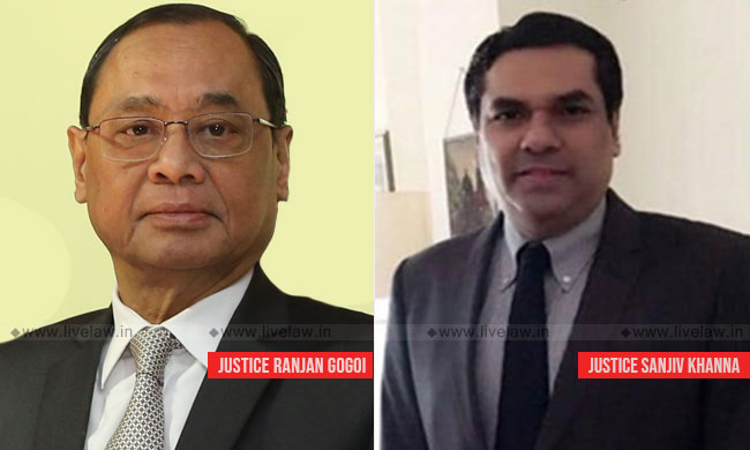The Supreme Court on Friday issued notice on a PIL by the NGO PUCL challenging the surveillance powers of the State under section 5(2) of the Indian Telegraph Act read with Rule 419-A of the Indian Telegraph Rules of 1951. The petition also attacks the constitutional validity of section 69 of the Information Technology Act and the Information Technology (Procedures for Safeguards...

